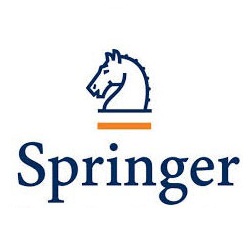Abstract
Both genetic alterations and epigenetic regulations of genes could lead to the development of human cancers. However, recent studies have shown that epigenetic alteration contributes signifi cantly not only to the development of cancer but also responsible for the progression of cancer to metastatic disease. The epigenetic regulations of specifi c genes in human cancer cells include DNA methylation, acetylation, histone modifi cation, nucleosome remodeling, and small non-coding RNA regulation including the regulation of microRNAs (miRNAs). Among many epigenetic regulations, DNA methylation is the most common event and has been well studied for understanding the mechanisms of epigenetic regulation of genes. The DNA hypermethylation occurs in the promoter sequences of tumor suppressor gene or tumor suppressive miRNAs leading to the down-regulation in the expression of tumor suppressor mRNAs or miRNAs, resulting in the development and progression of various cancers. Interestingly, recent studies have shown that several non- toxic natural agents known as nutraceuticals including isofl avone, curcumin, (−)-epigallocatechin-3-gallate, resveratrol, indole-3-carbinol, 3,3′-diindolylmethane, and lycopene could demethylate DNA at their hypermethylation sites or modulate histone, demonstrating their potential roles in the epigenetic regulation of mRNAs and miRNAs. These epigenetic regulations of mRNAs and miRNAs could be one of the molecular mechanisms by which nutraceuticals inhibit carcinogenesis and cancer progression, and thus either nutraceuticals or their synthetic analogs could serve as novel demethylating agents for the treatment of human malignancies.







